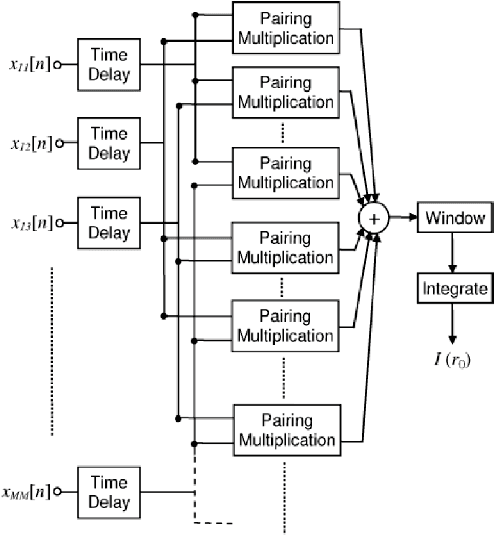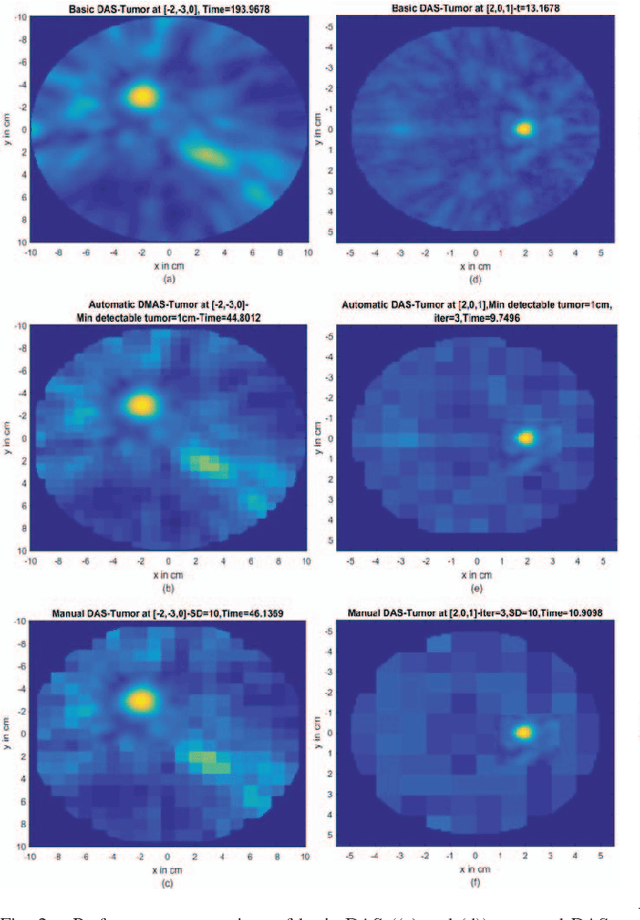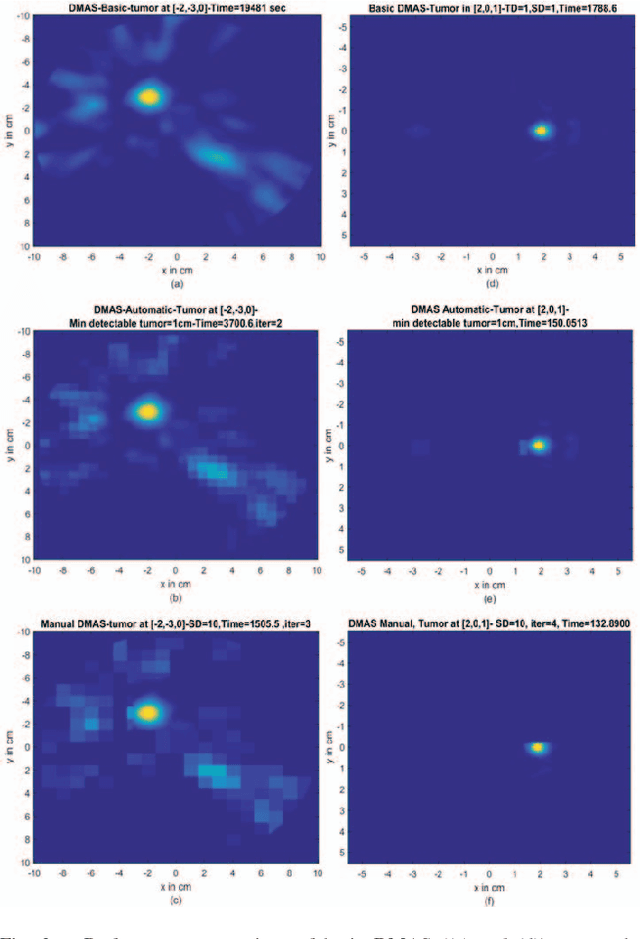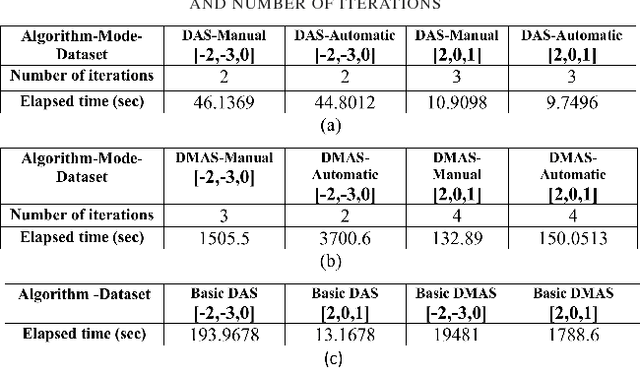Yasaman Ettefagh
Frugal RIS-aided 3D Localization with CFO under LoS and NLoS Conditions
Sep 03, 2024



Abstract:In this paper, we investigate 3-D localization and frequency synchronization with multiple reconfigurable intelligent surfaces (RISs) in the presence of carrier frequency offset (CFO) for a stationary user equipment (UE). In line with the 6G goals of sustainability and efficiency, we focus on a frugal communication scenario with minimal spatial and spectral resources (i.e., narrowband single-input single-ouput system), considering both the presence and blockage of the line-of-sight (LoS) path between the base station (BS) and the UE. We design a generalized likelihood ratio test (GLRT)-based LoS detector, channel parameter estimation and localization algorithms, with varying complexity. To verify the efficiency of our estimators, we compare the root mean-squared error (RMSE) to the Cram\'er- Rao bound (CRB) of the unknown parameters. We also evaluate the sensitivity of our algorithms to the presence of uncontrolled multi-path components (MPC) and various levels of CFO. Simulation results showcase the effectiveness of the proposed algorithms under minimal hardware and spectral requirements, and a wide range of operating conditions, thereby confirming the viability of RIS-aided frugal localization in 6G scenarios.
A Novel Low-Complexity Framework in Ultra-Wideband Imaging for Breast Cancer Detection
Sep 08, 2017



Abstract:In this research work, a novel framework is pro- posed as an efficient successor to traditional imaging methods for breast cancer detection in order to decrease the computational complexity. In this framework, the breast is devided into seg- ments in an iterative process and in each iteration, the one having the most probability of containing tumor with lowest possible resolution is selected by using suitable decision metrics. After finding the smallest tumor-containing segment, the resolution is increased in the detected tumor-containing segment, leaving the other parts of the breast image with low resolution. Our framework is applied on the most common used beamforming techniques, such as delay and sum (DAS) and delay multiply and sum (DMAS) and according to simulation results, our framework can decrease the computational complexity significantly for both DAS and DMAS without imposing any degradation on accuracy of basic algorithms. The amount of complexity reduction can be determined manually or automatically based on two proposed methods that are described in this framework.
 Add to Chrome
Add to Chrome Add to Firefox
Add to Firefox Add to Edge
Add to Edge